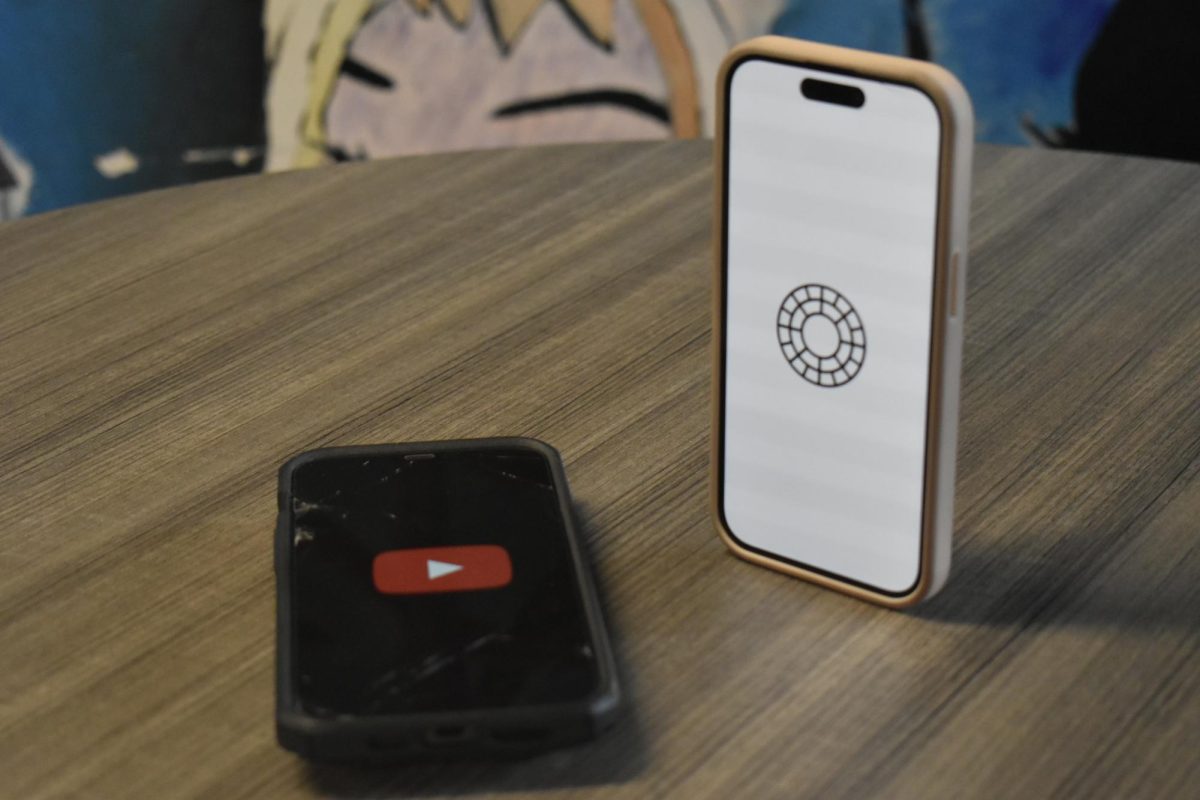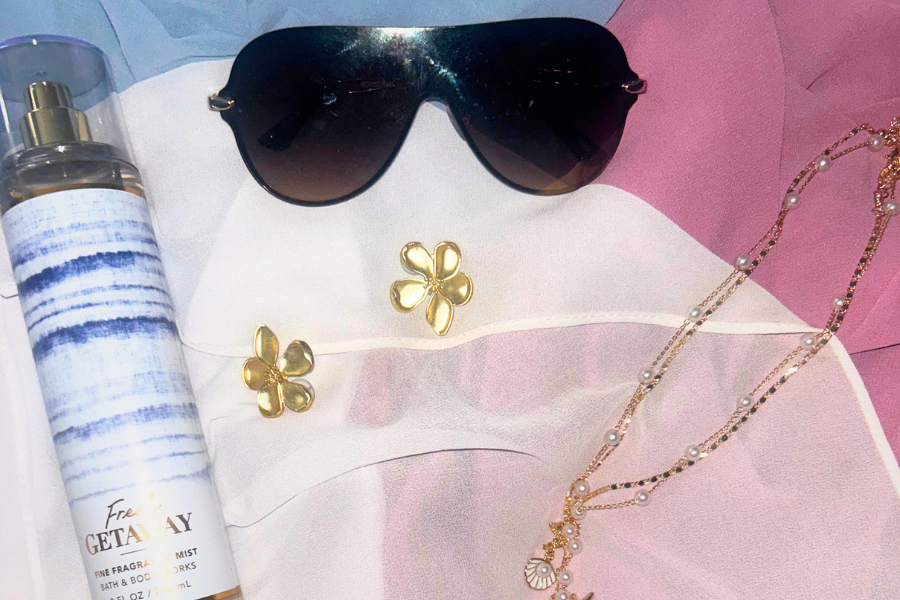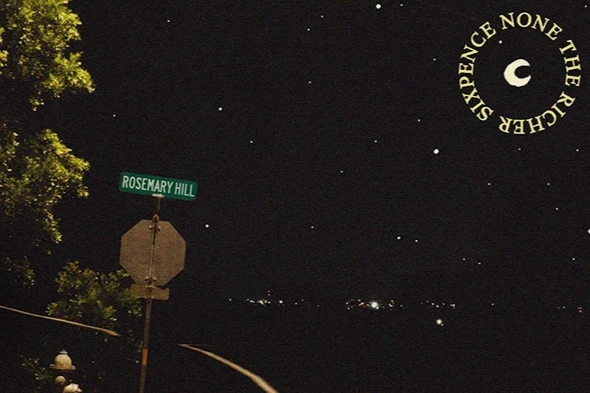Everyone knows that being a teenager isn’t always as glamorous and enlightening as films lead you to believe. In the movies, there’s always a mean girl, the popular homecoming royalty and predictable “the guy gets the girl” relationships.
There’s never enough that highlights the importance of confidence and acceptance of oneself.
In the latest teen movie The Duff, a fictional theory about status rankings and high school cliques reveals the importance of confidence and accepting who you are.
I’ll be honest: my expectations were not high for this film. I didn’t see what all the hype was about. I anticipated The Duff would be another typical high school movie. When I surveyed the theatre, I saw a big crowd lined up awaiting the premiere. What I thought would be a roomful of giddy teenage girls and reporters was instead a theatre occupied by young adults and parents.
I became pleasantly surprised by the production once it began. The intro hooked me as it profiled each character, automatically revealing their “high school status.” An instant connection formed, making it easy to relate to the characters, and a lot of the scenes in the film were downright hilarious. The only flaw in the movie, and a minor flaw at that, is the failure to implement mature authoritative figures within the school. The principal is alarmed with the use of cellphones and social media to attack students, so he enforces that everyone in the entire schools phones are taken for the whole day and kept locked in his office. While cell phones can be a major distraction, it seems a bit unrealistic to have every student surrender their phone for collection to avoid the use of bullying on social media versus solving the issue.
The scene of the film is mostly revolved around the high school, with some added scenes at the mall and Bianca’s house. It’s a perfect set to help the audience get a taste of each aspect of Bianca and the rest of characters lives and where they are spending their time. The music is young and fun, with some familiar soundtracks mixed in with upbeat tracks and occasional dramatic tunes. Each actor was given a very unique role, and Mae Whitman does a great job portraying her character. Other actors Robbie Amell and Bella Thorne also do a good job being their fanatic roles of attractive, popular seniors, but Whitman outshines them with her personal and spot on delivery.
The film focuses on the social hierarchy of high school. Bianca (Mae Whitman) dresses in oversized overalls and flannel and loves to watch sci-fi horror films. At a party her gorgeous and admired friends take her to she is told she is the “DUFF”, or Designated Ugly Fat Friend, in her friend group. In order to change her reputation, she befriends the football jock and next door neighbor Wesley (Robbie Amell). The irony? He’s the one who called her a DUFF.
Bianca agrees to tutor him in science if he teaches her how to be more likeable and appealing when it comes to guys… and the public in general. She goes to the mall for shopping advice and social practice, but with all of Wesley’s rules and steps to becoming more attractive and dateable, Bianca realizes she is fine the way she is. The “training” on how to be just like her (ex) friends helped her accept herself even through all the torment she faced with mean girl Madison (Bella Thorne).
In the end, Bianca discovers that barriers need to be broken down internally before one can break them down with peers. She reunites with her friends, knowing that the whole time they were completely unaware of the term DUFF. They all go to homecoming and stand up for each other and who they are. Bianca claims that there can’t be a name that society can declare, and that she could care less what people think. The beauty that is highlighted in the film is that experience with finding who you are leads you to gain the confidence to be the best version of yourself. The message is inspiring and powerful, and helps clarify that stereotypes in high school are only created when one lets someone dictate them. In the end, being who you are is all that should matter when growing up.


![There are more than 20 open cardio machines at Crunch Fitness. I enjoyed the spacious environment at Crunch, a sentiment that was shared by sophomore Sanjana Daggubati. “[Going to] Crunch Fitness was the right decision because [it] feels more professional. Crunch’s workers are laid back, but not to the point where they don't care,” Daggubati said.](https://pwestpathfinder.com/wp-content/uploads/2025/09/IMG_5242-1-1200x900.jpg)

![Various empty Kit Kat wrappers crowd the desk, surrounded by scoring sheets. While production of Kit Kat flavors in the U.S. is limited, Nestlé, the owner of Kit Kat, manufactures hundreds of unique flavors in Japan, including the flavors ocean salt and passion fruit. “I thought there [were] some interesting flavors, and a lot of them were really unexpected,” senior Elle Levesque said.](https://pwestpathfinder.com/wp-content/uploads/2025/09/image-2.png)


![Pantone’s selection of the 2025 Color of the Year is revealed: Mocha Mousse. Ceramics teacher Ashley Drissell enjoys this year’s selection. “Maybe it’s the name but [Mocha Mousse] reminds me of chocolate and coffee. It makes me hungry. It’s very rich and decadent,” Drissell said.](https://pwestpathfinder.com/wp-content/uploads/2025/02/DSC_0015-1200x800.jpg)


